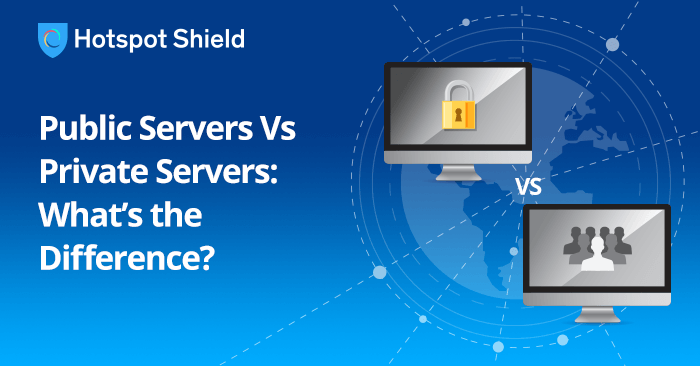How to get a Finnish IP address
The easiest way to improve your digital privacy is to switch your IP address using a VPN. We’ll …

Nowadays, people can connect to the internet from almost any location via a multitude of ways. You most likely subscribe to a home internet plan, and chances are, you use the Wi-Fi at the nearest park, coffee shop, gym, and a lot of other public places. With the power of today’s technology, even airlines are now able to offer Wi-Fi to their passengers.
These connections are available to you every day, but do you really know how they differ from one another? This article will break it down for you.
Public server:
You connect to the Wi-Fi whenever you have a cup of coffee at your local cafe. After all, it’s a convenient (and in most cases, free) way of going online. That convenience, however, comes with a caveat. Due to unsecure protocols, anybody can connect to public Wi-Fi, which makes it inherently risky.
Private server:
When it comes to internet safety, nothing beats a private connection. Among other protocols, the private Wi-Fi you have at home is protected by a password that you set. So, make sure you use a password that’s as strong and as hard to guess as possible. Furthermore, unless you share your password, nobody else can connect to your network.
Public server:
When you connect to a public server, the IP address of your device can be seen by others on the network. This means your data can be accessed by others who are also connected there. Cybercriminals frequently use these kinds of shared networks to spy on people and intercept data.
Private server:
This is not to say that data theft, and more importantly, information tracking can’t be done on a private server. In fact, several American ISPs have been accused of collecting their customers’ information and selling them. With the repeal of previously established net neutrality rules, this could become a more prevalent practice.
That said, cybercriminals would have a harder time intercepting your data on a private network. They’d have to get through your private server’s protocols and fireworks in order to access your information.
Your ISP, though, is a different matter altogether. In order to direct and control the flow of internet traffic, ISPs collects a significant amount of sensitive customer information. Among other things, your ISP can see if you’re watching NetFlix, playing Destiny 2 online, or watching videos on Youtube.
If you don’t want anyone, least of all your ISP, to get a look at information, download a high-quality, dependable Virtual Private Network (VPN) immediately. A VPN masks your IP address, connects you to a 100% private and secure server, and encrypts your data all times, thereby concealing your online activity from prying eyes.
If you are looking for online security, then our VPN is for you. Hotspot Shield is a free VPN, and it’s the best option if you want privacy and anonymity on the internet. Hotspot Shield VPN is designed to keep your connection secure, and our private servers ensure that no one else has access to your information.
So what are you waiting for? Visit our website and download Hotspot Shield VPN today. It’s available for Windows, Mac OS, Android, and iOS. You can also check our blog for more tips and trivia about everything related to the world of the internet.
